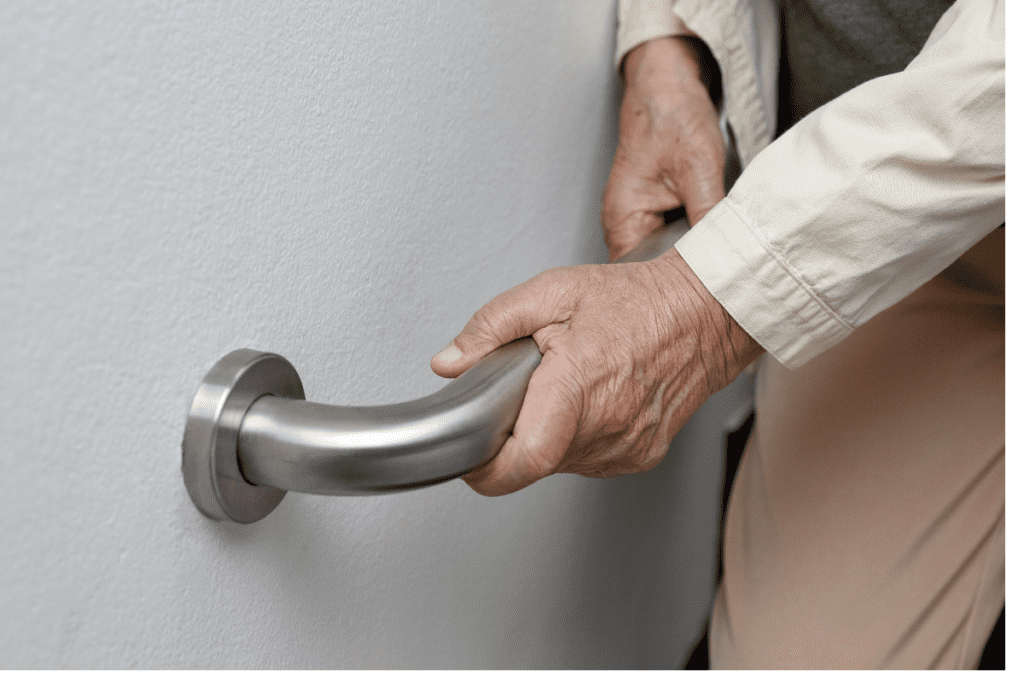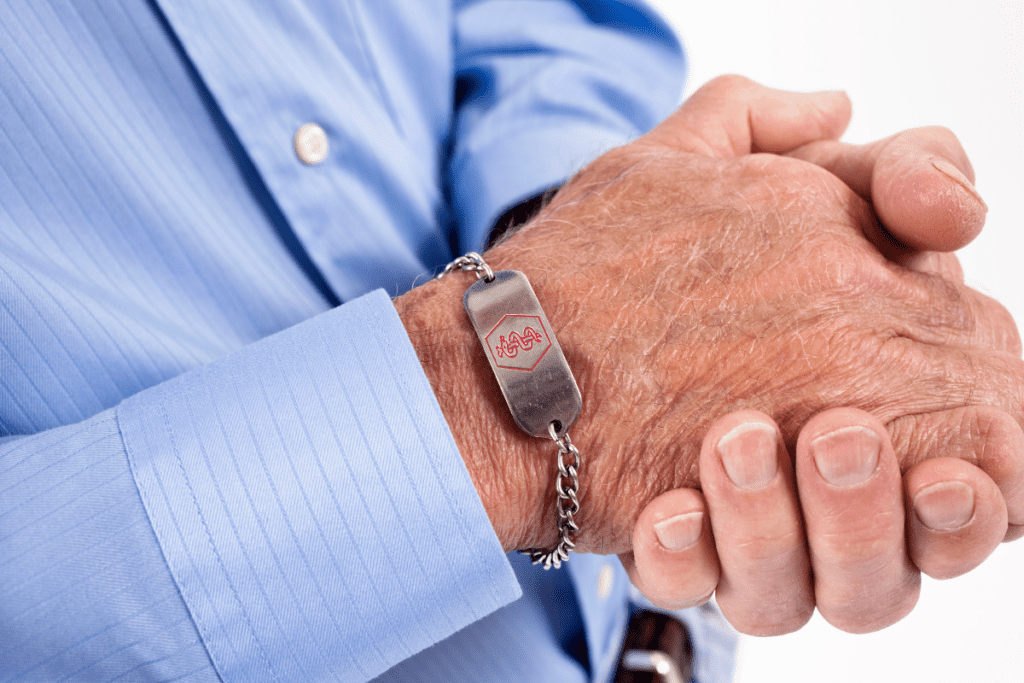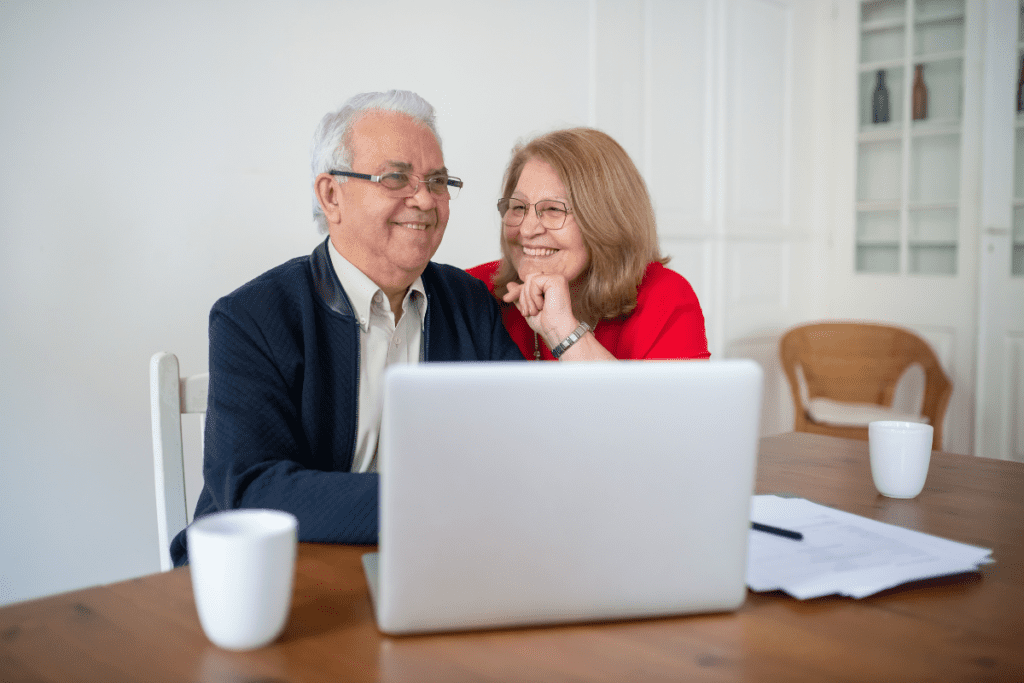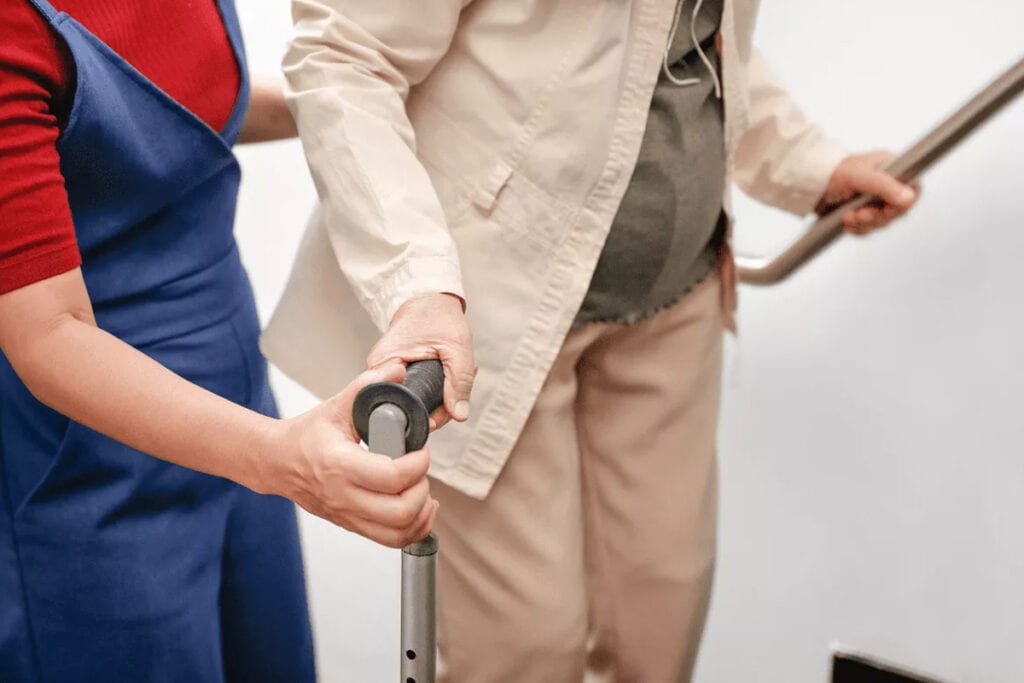The challenges of aging are hard enough to contend with as it is. People become more vulnerable as they progress in age and require specialized care. Unfortunately, the elderly are also more prone to accidents. With the frailty of the body at that stage in life, treating injuries is much more complicated. Home safety for seniors, therefore, takes on an even greater importance.
Just by implementing a few measures to prevent common accidents among the elderly could prove to be crucial in preventing an avoidable tragedy. So here is a roundup of some safety tips for seniors to help you guard against some of the most common safety and security risks for the elderly.
Take Steps Towards Home Safety For Seniors
Injuries by falling are quite common, and not just among the elderly. In many cases involving seniors, however, such accidents often prove to be fatal. Proofing your loved one’s home against hazards is a good place to start if you want to prevent incidents like that.
Remove Trip Hazards and Check Thresholds
Look around the house for places where someone might trip. Keep in mind that eyesight usually deteriorates as people age, so what might seem obvious – and even conspicuous – might not necessarily be that for seniors. So improving the lighting will go a long way towards minimizing risks.
Remove any trip hazards. Loose carpets, uneven floors, and cables lying across floors should all be seen as potential accidents waiting to happen. The thresholds in your doorways may also need lowering or removing altogether. Moreover, a step that is a direct vertical drop can be potentially dangerous. If it is in an unexpected place, for example, it can throw any person off balance. With the reduced dexterity of the elderly, this could result in a dangerous fall.

Install Bathroom Grab Bars
Another common accident is slipping in the bath or the shower. Try to remove, cover, or replace surfaces that get slippery with water. For example, non-slip strips on the shower floor or in the bathtub.
In addition to that, installing bars that a person can grab hold of in the event that they slip could be a literal lifesaver. Ensure that the bars are installed properly, at the proper height and in the right places relative to the height and weight of the users.
Make Use Of Medical Alerts and Other Technology
Medical Alert Devices
Specialized devices can alert emergency services and cause the timely intervention that could save lives. There are many different types of devices across different price ranges that could help your loved one call for help in an emergency, automatically or with the press of a button. Some are wearable devices with features like fall detection and GPS tracking. Others are simpler, like reminders for medication. Depending on your loved one’s particular situation, you can determine what devices would be best suited for them.

Senior-Friendly Mobile Phones
In the event of an emergency, communication is key. So a phone that a senior can use easily is not just a sensible choice, it is a crucial one. So make sure that your loved one’s device is set up with larger text, or a larger screen for example, higher volume settings, or higher brightness if it helps them to see better. This could save precious seconds when they need to communicate an emergency, or could determine whether they are able to at all if they are somehow impaired.
Take Extra Care of Seniors With Dementia
For those with memory problems, there are additional safety concerns that come with those conditions. A few safety-related interventions can help you prevent dangerous situations from occurring.
Use Auto Shut-off Appliances
Things like pressing irons or stoves that are dangerous if left unattended should have safety features that enable them to switch off automatically to avert disaster. Installing systems to detect things like leaks and smoke can also help to provide early warnings and enable people to intervene in time to prevent serious accidents.
Check All Doors
Seniors with memory-related issues are likely to wander, get lost, and possibly come to harm. In many cases, such stressful situations can trigger aggression and cause them to injure themselves. Taking preventive measures against wandering is, therefore, a good idea. When there is someone in the house with the patient, and you don’t want them to wander off on their own, onto a busy road for example, keeping certain doors locked might be an option. You can lock outside doors but leave the person free to walk about the house or backyard depending on your setup. This should be used with caution, however, as it might be dangerous if there is an emergency and exits are locked.
Review Common Safety Measures
Going over your safety concerns and getting your loved one on board is something that seems obvious but can easily be overlooked.
Speak About Common Digital Traps
Seniors are a favorite target of online scams and are often caught out by fraudsters. Scammers know that older generations are less likely to be computer savvy and thus more prone to leaking essential information. They are also more in need of companionship and will be more pliable than younger, busier, less trusting generations.
Educate your loved ones on the most common scams and ensure they practice good habits to stay safe online. Ask them to be skeptical of unsolicited messages, not to share personal information on public platforms, use secure passwords, and regularly update anti-virus software.

Make Sure All Door and Window Locks Work
Constantly check that all your safety implements are in good working order. Make sure your locks are all operational, things like safety handles and grab bars are well-installed and can support the weights they are expected to.
Keep Emergency Numbers Close At Hand
In the event of an emergency, you want to be able to get help as quickly as possible. Ensure you have the relevant helplines recorded and easily accessible. You should also immediately be able to provide all the relevant information to emergency services in the event of an incident. Having ready information on things like medical history, current medications, allergies and so on helps prevent medical errors, and will reduce the amount of time it takes for medics to determine the best course of action for the patient.
Conclusion
The aging process naturally comes with its fair share of challenges. Taking steps to prevent avoidable accidents and ensure the safety of your aging family member could help not only to keep your loved one from harm, but also maintain a state of preparedness that could be life-saving in the event of an unforeseen incident.


